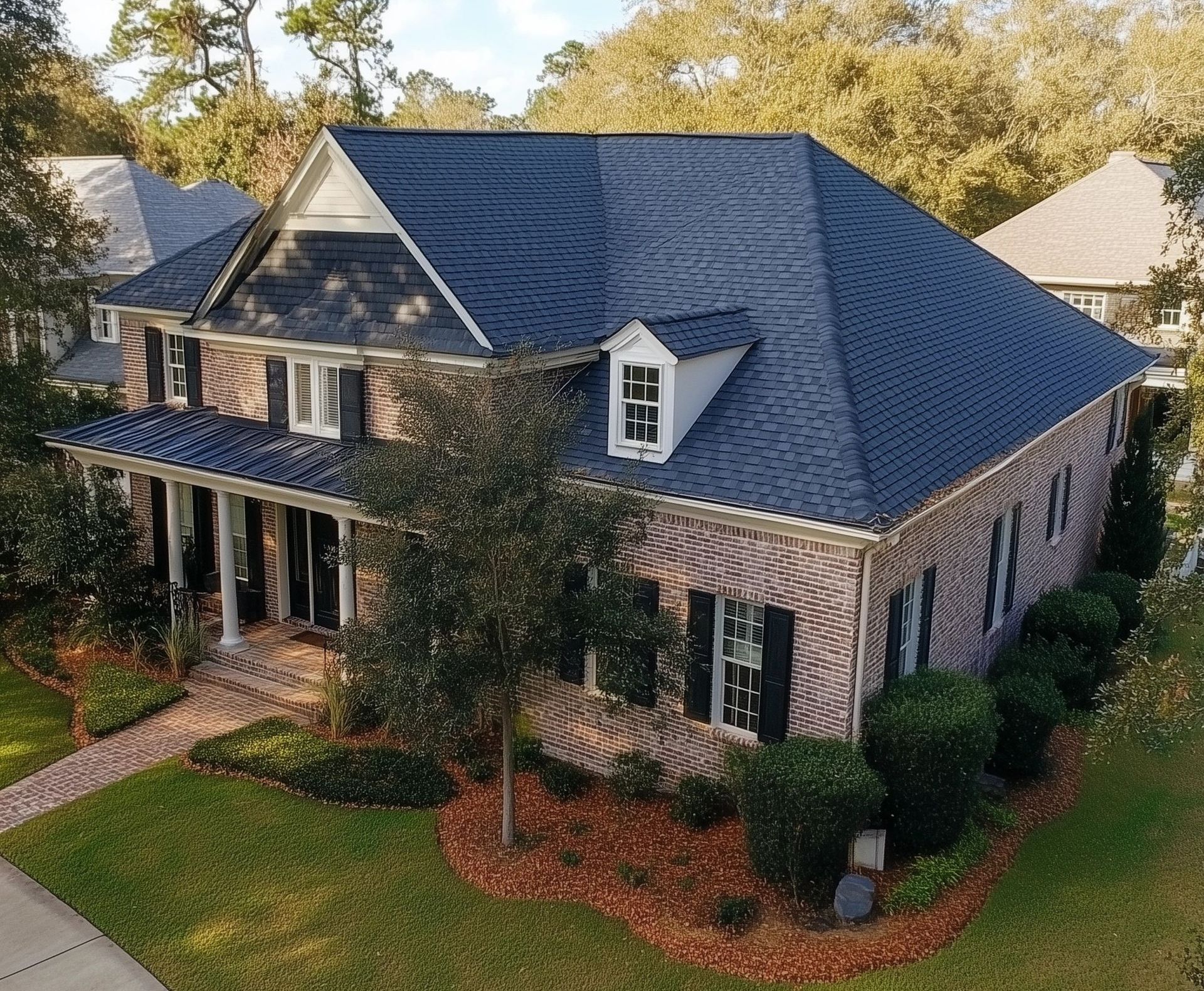Introduction
Your roof is one of the most critical components of your home, providing shelter, safety, and comfort from the elements. However, it’s often the part of the house that receives the least attention until a problem arises. Regular roof inspection services are essential to maintain the integrity of your roofing system and ensure your home remains safe year-round. This article will delve into the importance of roof inspections, what they entail, and how licensed roofing contractors can help you keep your home roofing maintenance services in top shape.
Roof Inspection Services: Keeping Your Home Safe Year-Round
When was the last time you thought about your roof? Like many homeowners, you might overlook regular maintenance or inspections until something goes wrong. Roof inspection services are vital for identifying issues before they escalate into costly repairs or replacements. Whether you own a residential property or manage commercial buildings, understanding what roof inspection services involve can save you significant time and money in the long run.
What Are Roof Inspection Services?
Roof roofing companies inspection services refer to a thorough evaluation of a roofing system to identify any potential issues that could lead to leaks or structural damage. Licensed roofing contractors conduct these inspections to ascertain the condition of various roofing materials and components.
Importance of Regular Roof Inspections
Preventative Maintenance: Routine inspections help spot minor issues before they evolve into major problems. Safety Assurance: A well-maintained roof ensures safety for inhabitants by preventing hazards like roof collapses. Increased Longevity: Regular maintenance extends the lifespan of your roof, delaying costly replacements. Insurance Compliance: Many insurance companies require proof of regular maintenance; having documentation can aid in claims.Types of Roof Inspection Services
There are various types of inspections based on specific needs:
- Residential Roofing Inspections: Tailored for homes, focusing on shingles, tiles, and other residential materials. Commercial Roofing Inspections: Designed for commercial structures utilizing different materials such as metal or flat roofs. Emergency Roofing Inspections: Conducted after severe weather conditions like storms or hail to assess immediate damage.
What Happens During a Roof Inspection?
During a typical roof inspection, certified roofing contractors will:

- Examine all visible areas of the roof Inspect flashing around vents and chimneys Check gutters and downspouts Assess insulation in the attic space Look for signs of water damage or deterioration
Tools Used in Roof Inspections
To provide thorough inspections, professionals utilize various tools such as:
- Ladders for accessing hard-to-reach areas Flashlights for checking dark spots Moisture meters for detecting leaks Drones for aerial assessments
Common Issues Found During Roof Inspections
During an inspection, several common problems may be identified:
1. Roof Leaks
One of the most prevalent issues discovered during an inspection is leaks caused by damaged flashing or worn-out shingles.
2. Poor Ventilation
Inadequate ventilation can lead to moisture buildup in attics, promoting mold growth.
3. Damaged Shingles
Weather elements can cause shingles to crack or lift; this leads to further degradation if not addressed promptly.
4. Gutter Problems
Clogged gutters prevent proper water drainage, which can contribute to water pooling on rooftops.
The Role of Licensed Roofing Contractors in Inspections
Hiring licensed roofing contractors ensures that you're getting quality service backed by experience and expertise. These professionals are trained to identify even subtle signs of wear that an untrained eye might miss.
Benefits of Hiring Certified Roofing Contractors
Expertise: They possess extensive knowledge about different roofing systems. Safety: Professionals follow safety protocols when climbing roofs. Comprehensive Reports: You receive detailed reports outlining their findings along with recommendations.How Often Should You Schedule Roof Inspections?
The frequency with which you should schedule inspections depends on several factors:
- The age of your roof The local climate conditions If you've experienced severe weather recently
As a general guideline:
- New roofs should be inspected every 3 years. Older roofs (10+ years) should have annual inspections. After significant storms, an emergency inspection is advisable.
Understanding Roof Repair Services After Inspection Findings
If your inspector identifies issues needing repair, prompt action is crucial to prevent further damage.
Types of Repairs Offered by Roofing Companies:
Roof Leak Repair- Emergency roof leak repair is vital during stormy weather.
- Sometimes repairs aren't enough; complete replacement becomes necessary based on condition assessment.
- Specific materials require specialized techniques for effective repair solutions.
FAQs About Roof Inspection Services
How long does a typical roof inspection take?
Depending on size and complexity, it can take anywhere from 30 minutes to two hours.
What should I do if my inspector finds damage?
Consult with them about necessary repairs and obtain estimates from several reputable companies.
Are there any signs I should look for between inspections?
Look out for missing shingles, water stains inside your home, or sagging areas on the ceiling beneath your roof.
Will my insurance cover repair costs after an inspection?
It depends on your policy terms; typically damages arising from sudden incidents like storms may be covered.
Can I perform my own roof inspection?
While you can check visible areas from the ground level safely using binoculars, hiring professionals ensures comprehensive evaluation without risk.
What is included in a typical roof repair estimate?
An estimate generally covers labor costs, material costs based on type needed (shingles vs tiles), disposal fees for old materials if applicable etc.
Conclusion
In conclusion, engaging professional roof inspection services is paramount in preserving both safety and longevity across all types of roofing systems—whether residential or commercial—while allowing homeowners peace-of-mind regarding their investment's integrity year-round! With licensed roofing contractors offering valuable insights through detailed assessments coupled with effective repair solutions tailored specifically toward identified problems—homeowners can rest easy knowing they’ve taken proactive measures ensuring their rooftops stand resilient against nature’s unpredictable whims!
Investing time now into regular maintenance translates directly into cost savings later; thus don't hesitate! Get those roofs inspected today!